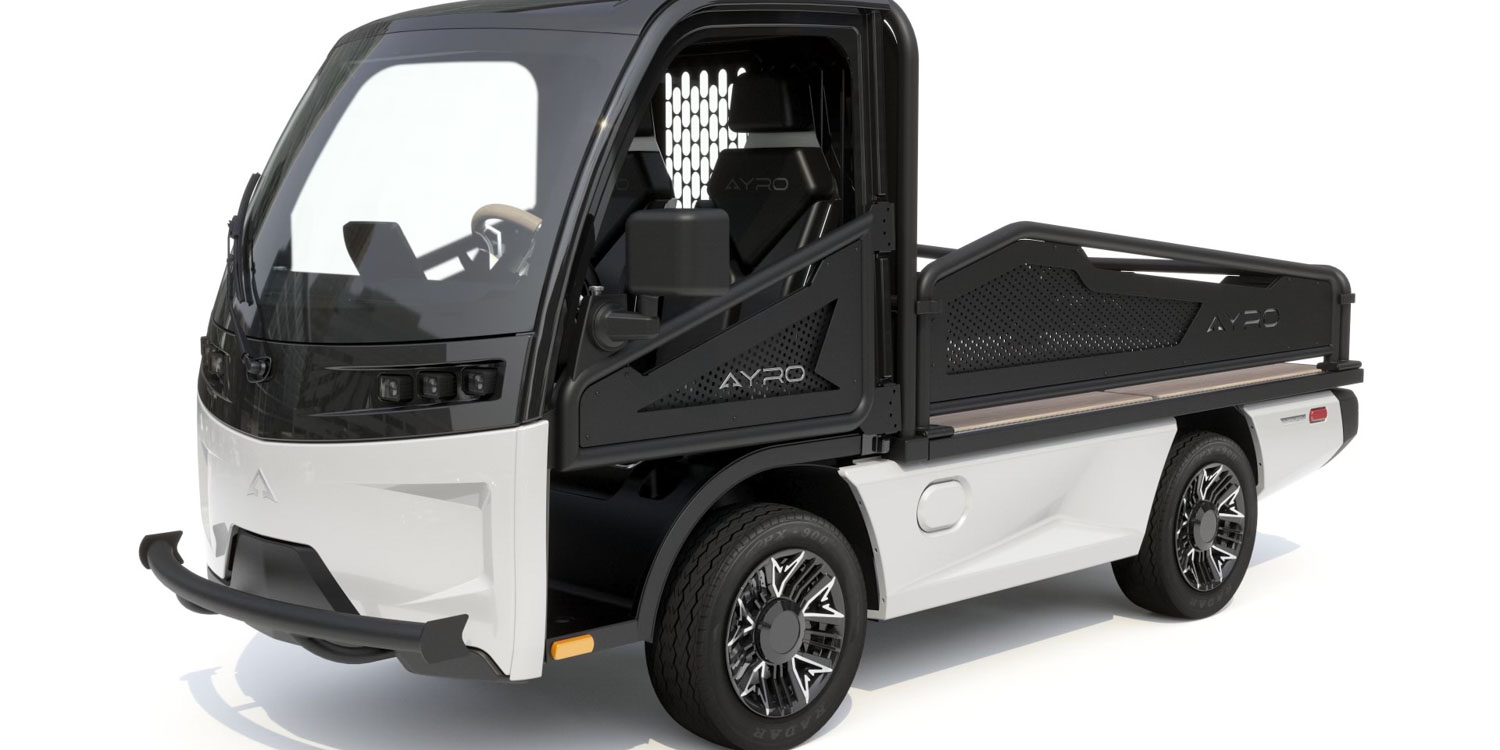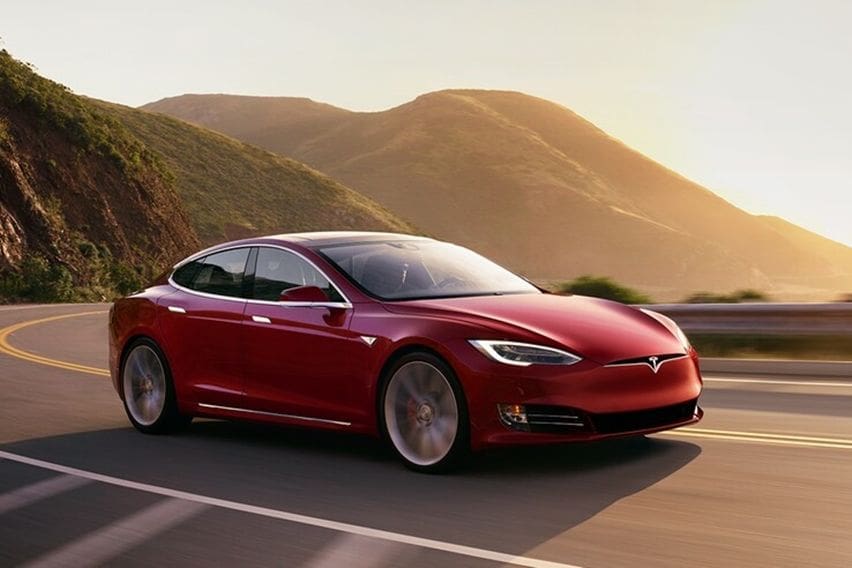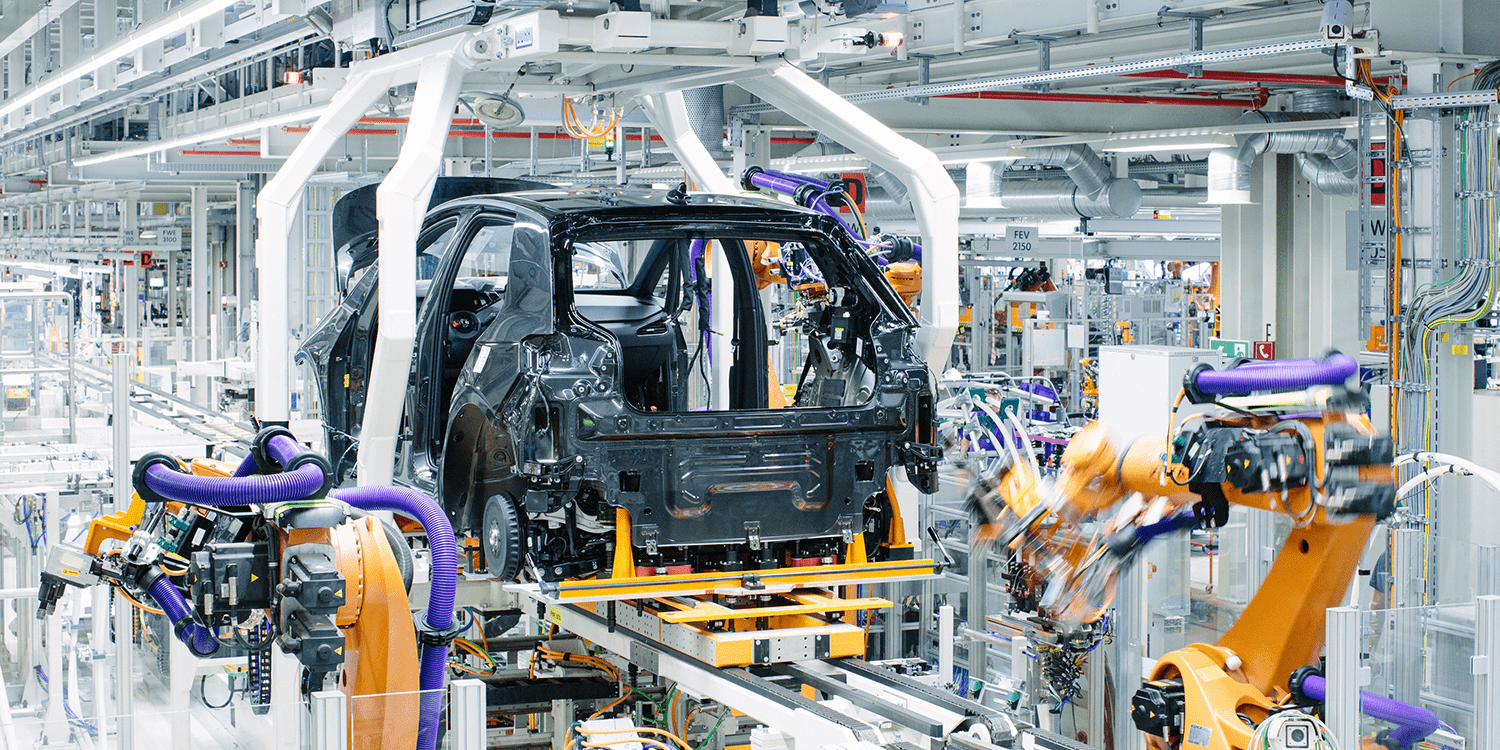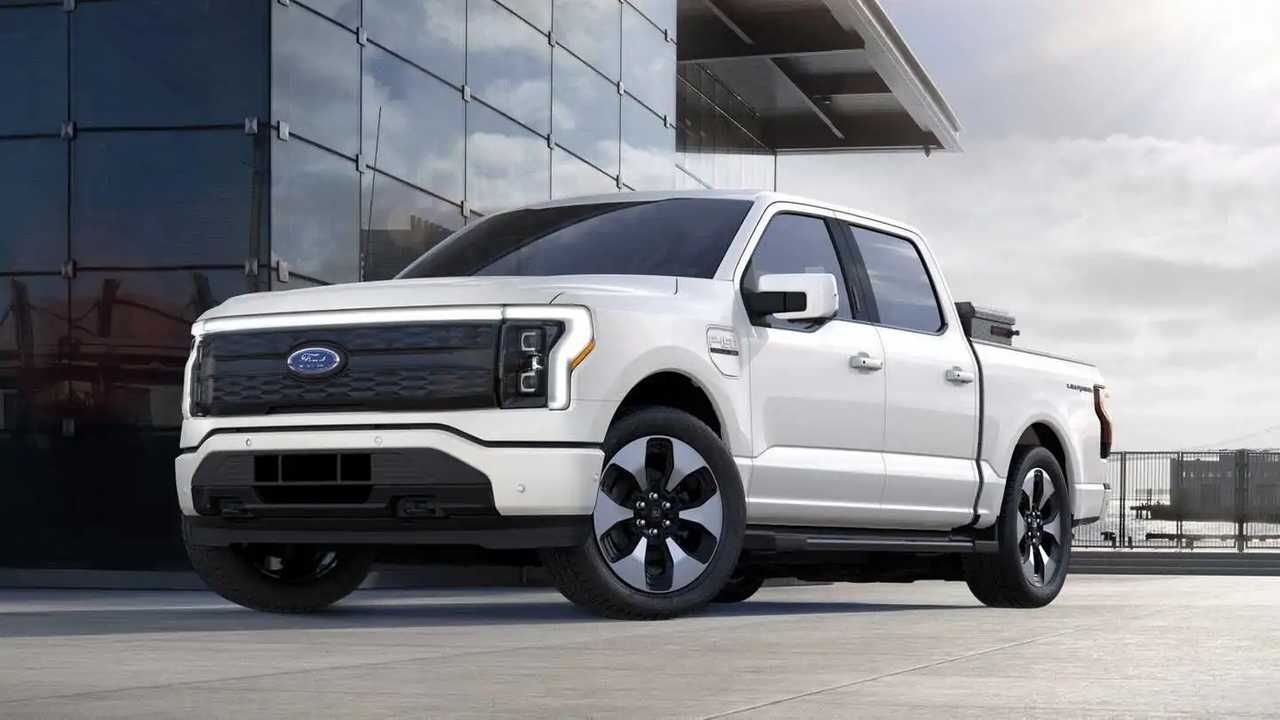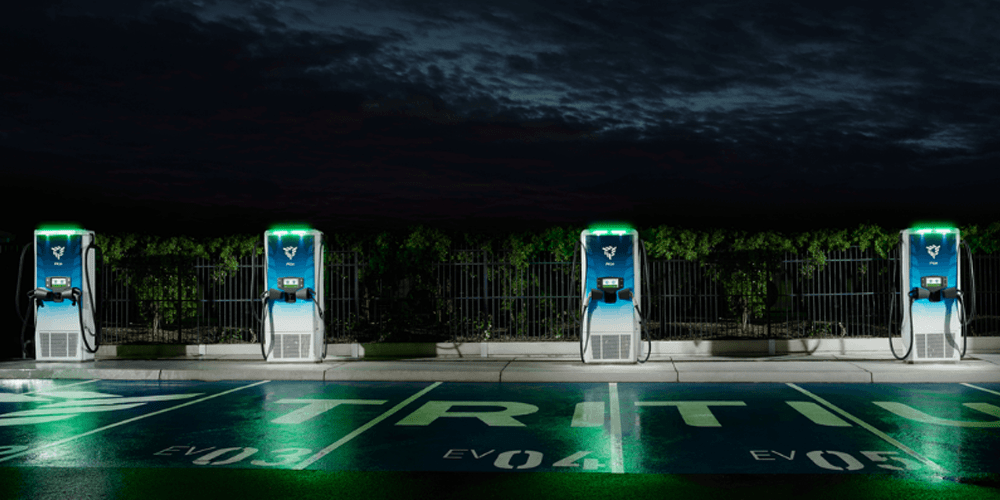The US government has released a comprehensive update on the progress of electric fleet and charging infrastructure projects in the country. The announcement not only highlights the activities of federal agencies, but also includes self-commitment statements by large corporations.
One of the main takeaways from the fact sheet is that federal agencies have procured 13,000 light- and medium-duty electric vehicles in the fiscal year 2023, which is four times the number compared to the previous fiscal year. Furthermore, from 2027, US authorities will only be allowed to purchase zero-emission passenger cars and light commercial vehicles. From 2035, this will also apply to all new vehicles, including medium and heavy-duty commercial vehicles.
In addition, the federal agencies have pledged to install 24,000 charging stations at their sites by the next fiscal year, in addition to the 5,000 charging stations already installed at federal facilities nationwide. Companies are also making their own commitments towards the transition to electric vehicles.
First Student, a provider of school bus services, has pledged to replace around 30,000 school buses with combustion engines with electric ones by 2035. Trane Technologies, a company that specializes in climate solutions, will convert its fleet of over 8,000 vehicles, including vans and trucks, to all-electric by 2030.
Amazon has already put 3,000 electric transporter vans into operation since the summer of 2022 as part of its commitment to put 100,000 electric delivery vehicles on the road by 2030. Google’s self-driving car offshoot Waymo has also announced that it will replace Chrysler’s current hybrid vans in its fleet with the all-electric Jaguar I-Pace.
Other corporations have also made commitments to large-scale charging infrastructure projects. For example, Prologis, a real estate developer and manager in the United States, plans to convert 100% of its fleet in the United States to alternative fuel vehicles by 2030 and prepare for charging later in every new project. Siemens has pledged to install charging stations at all its US locations and employee homes to push the conversion of its 10,000 vehicles to electric by 2030.
Hertz has pledged to significantly increase the number of electric vehicle rentals this year and forecasts nearly two million electric vehicle rentals in 2023, which is five times the number in 2022. Furthermore, the Charge@Work campaign and the Electric Vehicle Adoption Leadership (EVAL) certification program will be launched in autumn 2023 to create more than 100,000 charging stations in the workplace.
The initiatives announced by both the government and private sector are part of the ‘EV Acceleration Challenge’ program, which aims to accelerate the transformation of the automotive industry. President Joe Biden has set a goal that half of all new vehicles sold in the US should be electric by 2030. With over three million electric cars on the road and more than 132,000 public charging stations available nationwide, the administration is looking to build on this momentum.
See also: US Government need more 100,000 charging stations to support the widespread use of EVs
To support the transition to electric vehicles, the Biden administration has introduced the Inflation Reduction Act, which provides incentives for individuals and companies to purchase electric vehicles. The act complements federal investments under the Bipartisan Infrastructure Law and other federal initiatives to spur domestic manufacturing of e-vehicles and batteries, and the development of a national charging network.
As President Biden puts it, “The future of the auto industry is electric. There’s no turning back.” The US government and private corporations are now actively working towards a greener future for the transportation industry, and it is exciting to see the progress being made towards a sustainable future.


